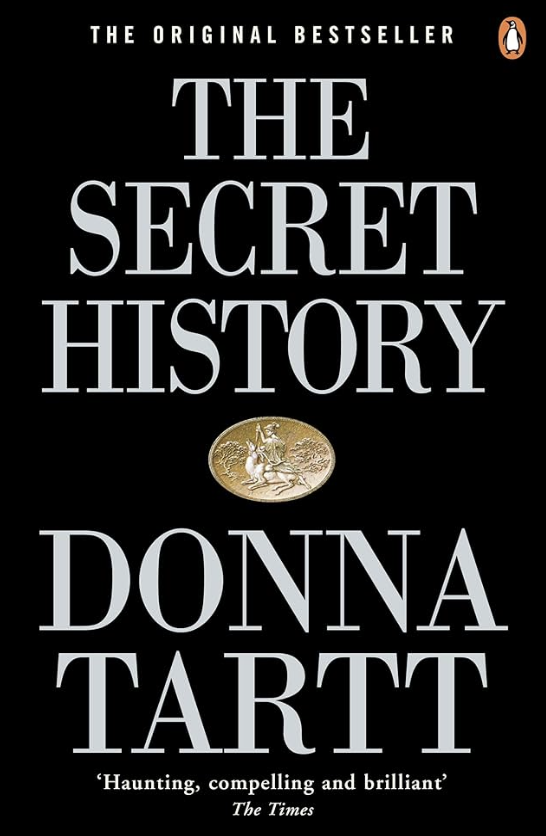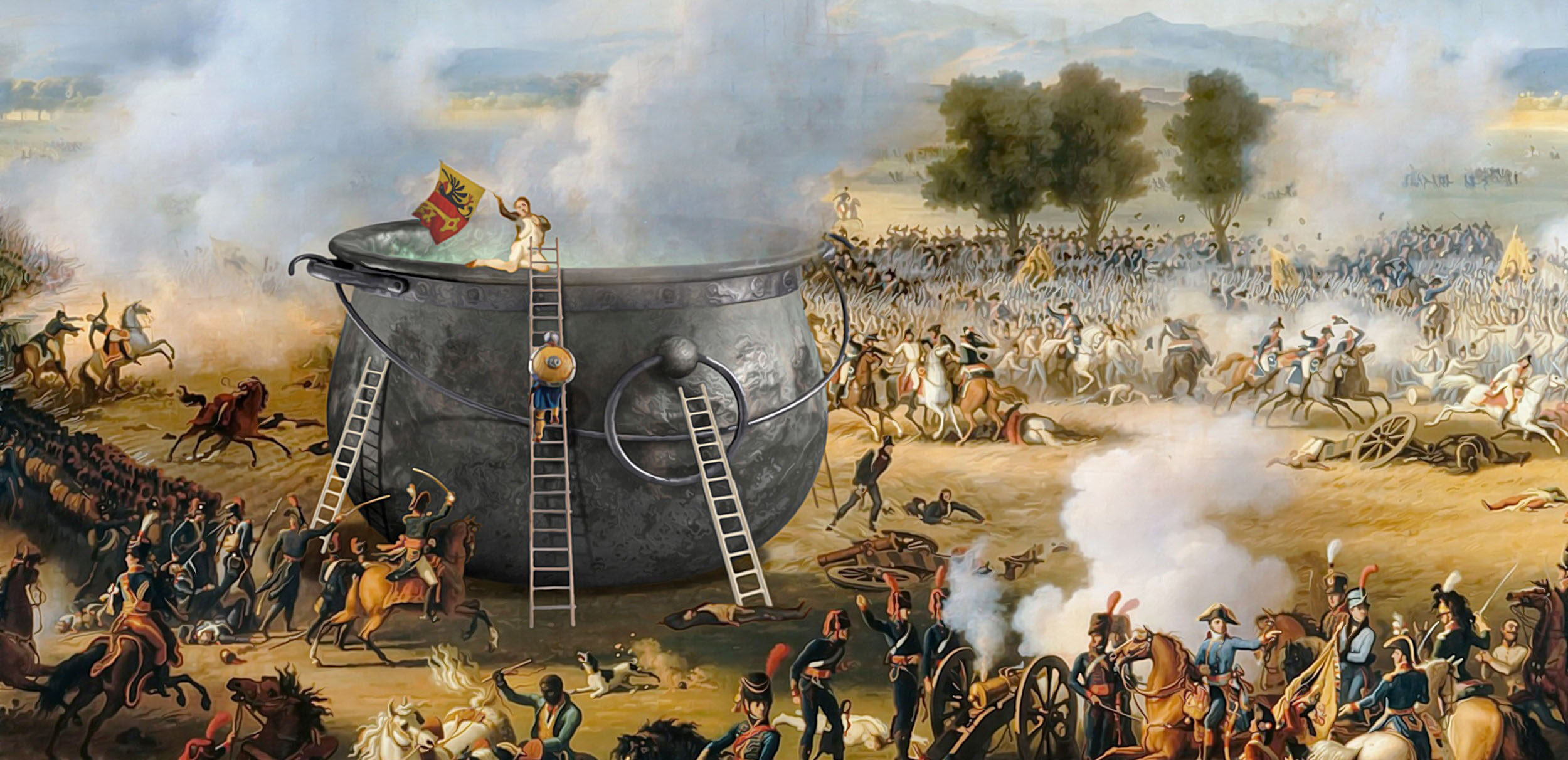By Pablo Briens Montero, Year 12
As part of my February break reading, I came across The Secret History by Donna Tart and read it during my free time. Whilst I was already familiar with the book, through the conflicting reviews on what is called “BookTok” (one of the trends on the app TikTok which is dedicated to reviewing novels), reading it was a whole new discovery. It was published in 1992 and was the first book of the renowned Pulitzer-prize author, Donna Tart. The Secret History has been a bestseller since its release, selling more than 2.3 million copies in English alone, and has been translated into an impressive 40 other languages.
The Secret History is based in a small elite liberal arts college in Vermont called Hampden college, where one of the protagonists, Richard Papen, transferred to. After joining the Classics program, he meets an abnormal group of students consisting of Camila and Charles Macaulay, the twins, Henry Winter, Edmund (Bunny) Corcoran, and their teacher, Julian Morrow. The narrator, Richard, reflects upon and tells the story of the murder of their friend Bunny and the events that follow. Consequently, we are told of the abnormal dynamics of the group and delve into the individuals’ own issues.
Tart addresses themes including murder, the dangers of isolation, the hypocrisy of academia, and the intricate relationships that bond such a small group. However, it is true that the book also delves into more sensitive topics such as abuse, suicide, and violence. It can be graphic and distressing to the reader as the story unfolds, however, Donna Tart emphasised said sensitive topics to further the plot and amplify the feelings the reader experiences.
One issue brought up frequently by critics is the pretence of the book attempting to “act” intellectual, with its references to Greek and Latin manuscripts, and intricate psychological plot. However, aside from the Greek and Latin references brought up by the characters, which are relevant due to their focuses on the studies of Classics, the book actually uses these references to further show the hypocrisy of academia in certain areas. During the book we observe students completely overtaken by their studies in both their personal and academic lives, portraying their lives as a Greek tragedy. Also, it brings up the struggle of classes in academia as most of the characters involved in the exclusive Classics department are wealthy, showing how certain knowledge and academia can be reserved to wealthier persons.
In the modern surge of TikTok and the areas of it focusing on books, The Secret History has become even more popular. Many accounts have used the book to portray “aesthetics” and romanticise events that happened in the book. While it is interesting to see how people understood the book, it can be quite harmful to readers who only read the book for its “aesthetic”, as this undermines Tart’s message. The actions of the characters are truly destructive and people excuse that because of the attachment they may form and the popularity of some of the characters.
Another common criticism of the book is that it is too long and it does not have an external structure. It is true that the book is quite extensive and that the chapters are too long to be of any relevance. However, it doesn’t take away from the plot and is helpful to the reader to have a full scope and understanding of the events.
This book is a reflection of Donna Tart’s writing process, in that she is extremely concise on what she includes in her sentence. This is shown through her creation of vivid and believable environments through specific vocabulary that completely encapsulates what she is trying to convey. It took Donna Tart 8 years of her life to fully satisfy her perception of the story in writing The Secret History. She herself has admitted that she was “painting a huge canvas with a brush the size of an eyelash”, truly showing how concise her choices are.
Overall, I enjoyed The Secret History as the plot was exciting and the themes presented were extensively and vividly portrayed. However, it is not for everyone, and it depends on the patience and personal taste of the readers. Not everyone is subject to being interested in the plot.



